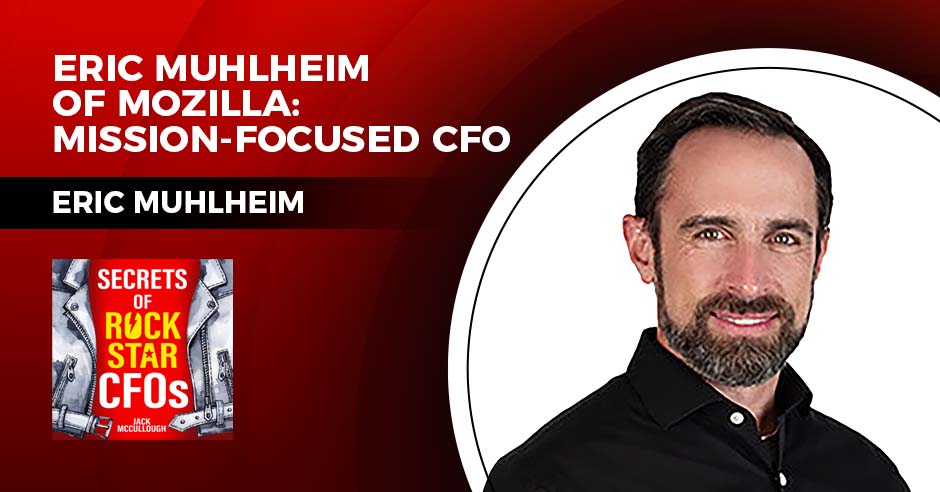Have you paused your environmental, social and governance initiatives in recent months as political pressures and economic uncertainty have reared their heads?
That could be a big mistake, says Melinda Stinnett, senior managing director of the CBIZ Risk & Advisory Services practice, which includes CBIZ Stinnett (formerly Stinnett & Associates), which she founded in 2001. Based in Tulsa, Oklahoma, she has 30 years of industry experience with a focus on internal audit, Sarbanes-Oxley, fraud and forensics, construction management practices, contract administration and cost recovery and various aspects of risk management.
Why are businesses increasingly slowing down their ESG initiatives in the current economic landscape?
There are likely several additional factors contributing to the decrease in ESG spending. One notable factor is the ongoing development of SEC final rules pertaining to mandatory ESG disclosures. Given the evolving nature of these regulations, it is important to note that the SEC has received a significant number of responses regarding the draft rule.
Consequently, companies are proactively preparing themselves for the potential increase in compliance efforts by first gaining a comprehensive understanding of the required disclosures. This approach allows them to prioritize their resources efficiently and strategically, ensuring that any new processes or technologies implemented align effectively with the forthcoming requirements.
Moreover, non-public companies are also evaluating the reporting obligations imposed on them by their customers. These organizations, like their public counterparts, recognize the value in thoroughly assessing how they can best respond to their clients’ demands in a manner that is both effective and efficient.
What are the long-term consequences of hitting the brakes on ESG initiatives?
Consumers and employees today exhibit a heightened awareness of ESG practices, making it imperative for companies to showcase their commitment to each component. Some competitors choose to delay their ESG efforts, presenting an opportunity for proactive organizations to gain a competitive edge and attract top talent.
Furthermore, companies with robust ESG programs often enjoy increased access to investor, banking and other financial funds, often at more favorable rates. It is crucial to recognize that postponing ESG initiatives can have a significant “cost of doing business” impact.
Many companies already engage in various ESG activities as part of their regular operations. Consequently, quantifying and reporting the most impactful efforts may not require as much effort as initially anticipated.
What are the benefits of staying the course with ESG initiatives despite economic volatility?
We advocate strongly for a balanced approach to developing and implementing ESG programs as they offer companies a multitude of competitive advantages. As previously mentioned, by prioritizing ESG initiatives, companies can foster stronger connections with consumers, investors and lenders.
Taking proactive steps to advance their ESG programs also puts companies ahead of competitors who may be opting to slow down their own efforts. This strategic advantage allows organizations to position themselves at the forefront of the market and capitalize on emerging opportunities.
How can you stay the course to meet ESG goals during the current economic landscape?
One of the critical steps in the ESG journey is identifying the areas that hold the greatest impact for a company and its stakeholders. This crucial exercise enables the prioritization of efforts during both the implementation phase and ongoing ESG initiatives.
By strategically selecting these areas of focus, companies can align their underlying business strategies and objectives—ultimately driving business growth. Moreover, there may be opportunities to leverage technology and external expertise to support the ESG program, facilitating the identification of operational efficiencies and enhancing overall effectiveness.








